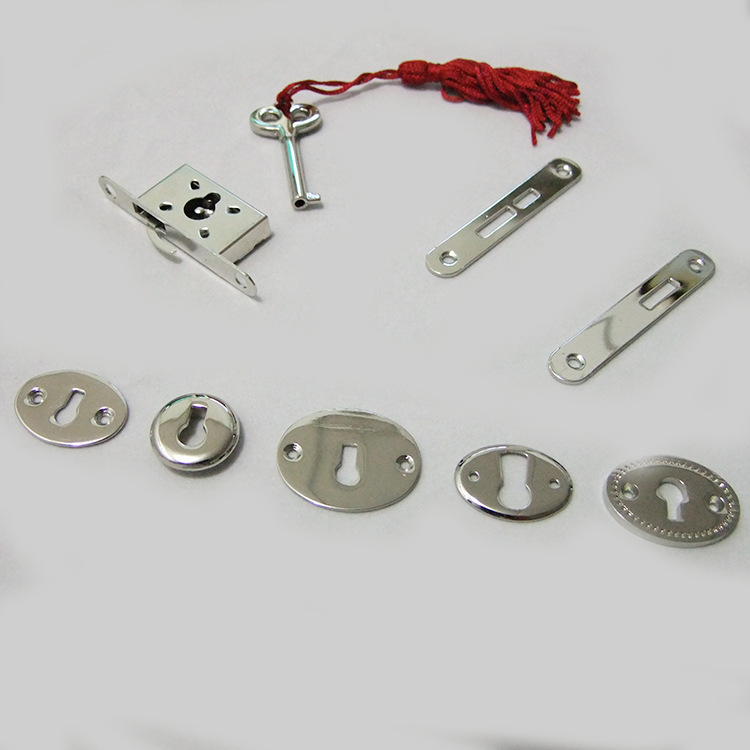Security of Door Locks in Pathology Laboratory of Hospital
Pathology plays an important role in modern medical treatment. As the core part of the laboratory, the security work can not be ignored. Among them, the door lock management of pathology laboratory is one of the important links.
First, the importance of the door lock
Pathological laboratory is an important place for disease research and diagnosis, which not only stores all kinds of precious specimens and Reagents also involve a lot of personal privacy information. Therefore, it is particularly important to ensure that these sensitive information will not be leaked. In addition, the laboratory may contain harmful substances, which may cause harm to non-staff and even cause safety accidents if it is not properly protected. Therefore, choosing a good door lock is very important for maintaining the safety of the laboratory.
Reagents also involve a lot of personal privacy information. Therefore, it is particularly important to ensure that these sensitive information will not be leaked. In addition, the laboratory may contain harmful substances, which may cause harm to non-staff and even cause safety accidents if it is not properly protected. Therefore, choosing a good door lock is very important for maintaining the safety of the laboratory.
Second, the choice of door lock requirements
1. High security: A large number of samples and materials with extremely high scientific research value are usually kept in the pathology laboratory, which requires that the door lock must have extremely high anti-theft performance to prevent theft or malicious destruction; At the same time, it is also necessary to prevent unauthorized personnel from entering and avoid affecting the normal operation of the laboratory.
2. Easy to operate: Because the pathology laboratory has to face the frequent access of many medical staff every day, the problem of ease of use and convenience should also be considered when choosing the door lock, so as to facilitate doctors to complete their daily tasks efficiently.
3. Strong corrosion resistance: some strong acid and alkaline substances such as chemicals are often exposed in the laboratory environment. When purchasing, special attention should be paid to selecting product models with good corrosion resistance to avoid problems such as rust after long-term use, thus reducing service life.
III. Introduction to Common Types
At present, the common door locks of pathology laboratories on the market are mainly divided into the following categories:
1. Mechanical code lock: This type of lock has simple structure, relatively low price and easy installation, but it is not suitable for occasions with high security requirements because of its certain security risks (such as password being easily cracked);
2. IC card inductive electronic lock: its principle is to set a reading device in the door frame and preset the openable card information database; When the cardholder approaches, it will automatically identify and verify the identity and then release it; This method not only gives consideration to practicality and convenience, but also can effectively prevent the occurrence of impersonation;
3. Biometric identification system (fingerprint/face scanning): the most advanced intelligent access control scheme, which directly uses the unique biometrics of human body to verify the authority, greatly improving the security level, but the cost is high.
IV. Concluding remarks
In a word, many factors should be considered comprehensively when choosing the door lock suitable for pathological laboratory, and the most suitable solution should be determined according to the actual situation. Only in this way can we truly achieve "safety first" and protect our precious life science resources!
Rec. Prods.
Tags:
Addresses:https://tepinji.com/Equip/3469.html



